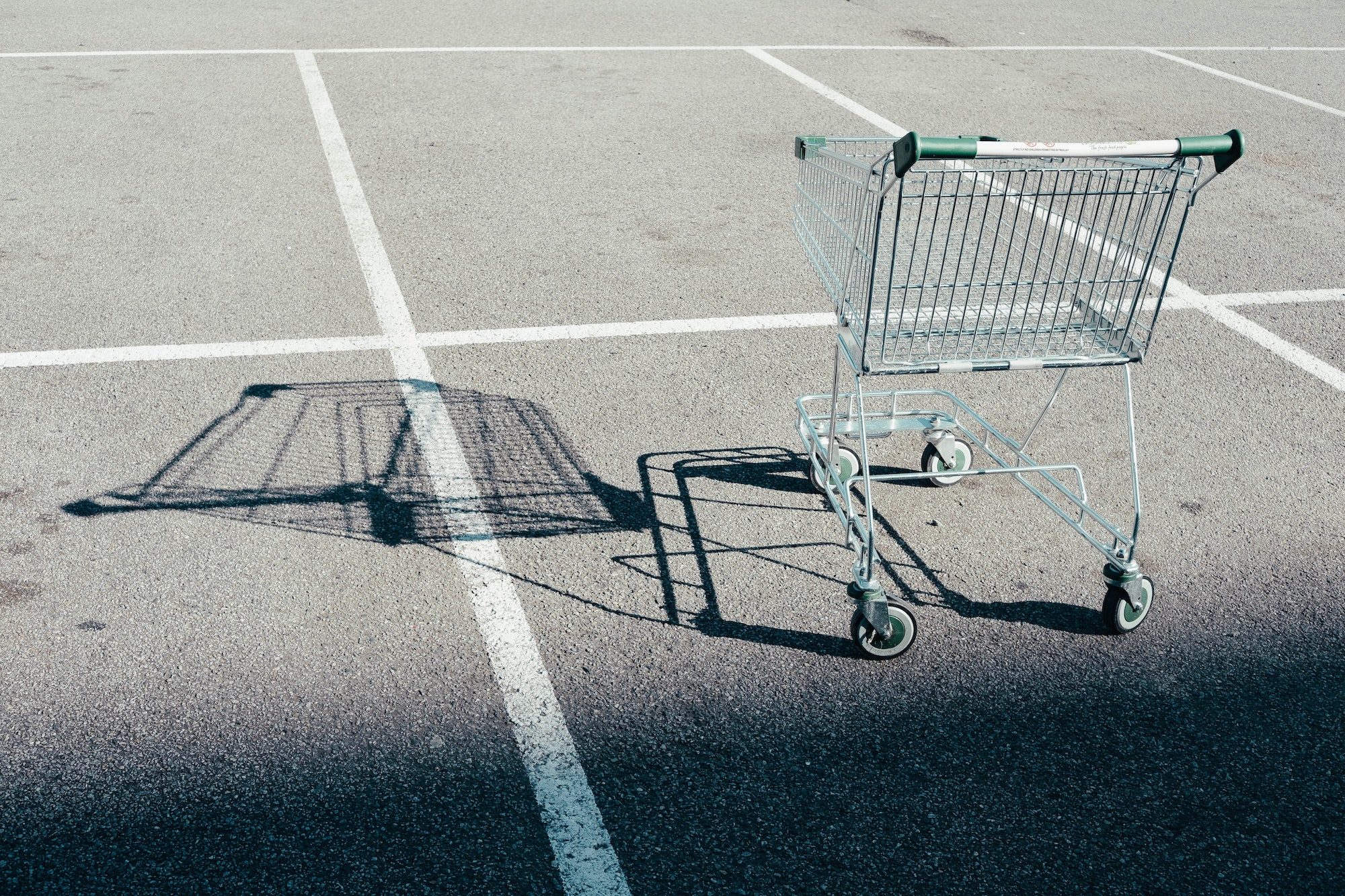The Download: Black Friday is seriously enticing—so much so that many brands discounted prices by 30-40 percent in hopes of yielding much of the expected $68.6 billion consumers will spend the week of Thanksgiving.
In previous years ahead of Cyber Monday and Black Friday, companies started their sales earlier to get ahead. Given the pandemic, this year is a little different: In most cases, brick-and-mortar retailers begin their sales on Thanksgiving, but many, including Walmart, Best Buy, and Target, have decided to keep doors closed until Friday to avoid crowding. And according to the National Retail Federation, more retailers are strategically pushing online promotions as early as October.
The Outlook: The pandemic is reshaping our shopping habits because so many are suffering financially: 78 percent of consumers have been affected economically by the COVID-19 crisis and, in September, 2.4 million Americans disclosed they had been unemployed for more than six months. Given that, 42 percent of Americans plan to spend less this year.
Yet, between January and September, consumer spending rose by 7.2 percent (partially fueled by the summer stimulus checks). Why? Americans are spending more on essentials like food, household supplies, and children’s products, and less on non-essential items like fashion, cosmetics, and travel. Also, people are spending more on long-term purchases, particularly those that are secondhand, such as cars, workout equipment, and furniture.
In Their Words: “With people shopping 24/7 and price promotions happening all the time, the magic of everything happening on one day is long gone,” says Barbara Kahn, a professor of marketing at the Wharton School of the University of Pennsylvania.“ Many people are off work, ate a lot on Thanksgiving. It’s something to go out for. The integrity of the day made sense. Within the last 10-15 years, people have really accelerated shopping online.”
Surface Says: Conspicuous consumption boils down to everyday purchases. How much did you need that new OLED TV even though your unsmart TV was still in shipshape? The pandemic has given us a rare opportunity to curb our spending habits. Cyber Monday, Black Friday, and the sales leading up to them are an opportunity to become more self-aware shoppers: to buy things that will last decades that we won’t want to part with. In doing so, changing our behaviors will nudge brands to also change theirs.
There’s a more conscientious way to help customers be more thoughtful about what they buy by making brand values unwaveringly visible (e.g. Allbirds is actually increasing its prices by $1 on Black Friday and then matching it to donate $2 to Swedish environmental activist Greta Thunberg’s nonprofit, Fridays for Future).
